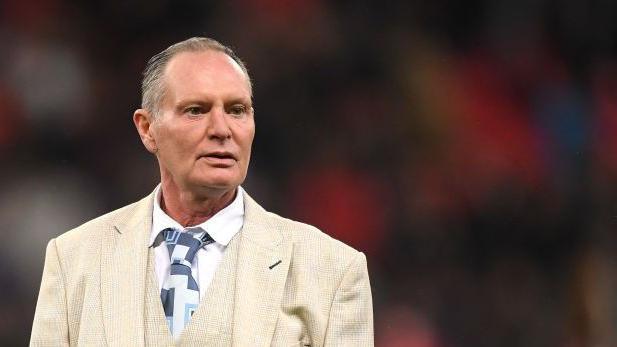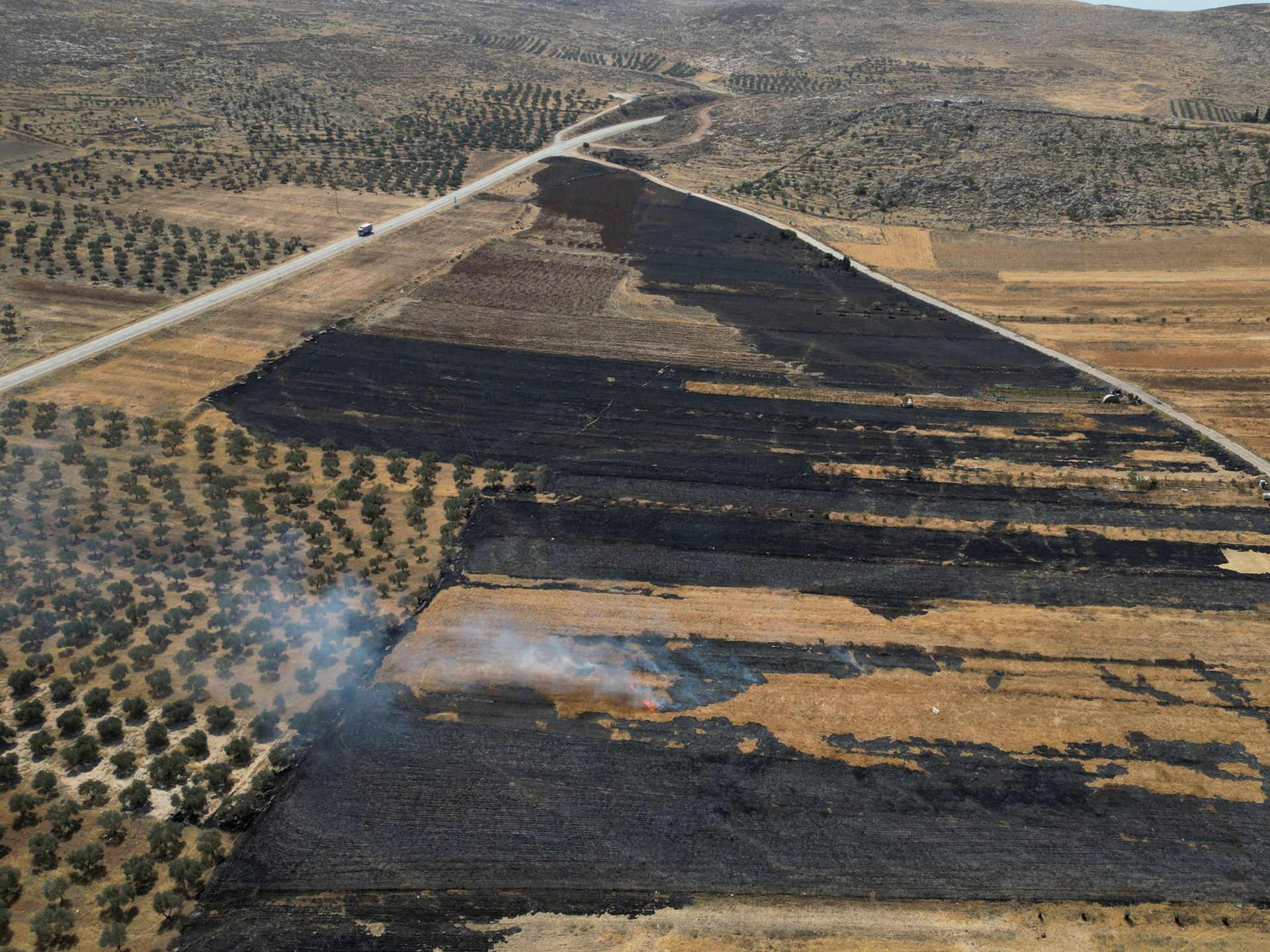Farmers discovered an Israeli military order on our property and nearby plots in the occupied West Bank, according to a letter from my brother just recently. The title of the land is being seized for military purposes is stated in the document, which includes a map.
The landowners and users have seven days to contact the Israeli army’s legal adviser after an upcoming field visit coordinated by the Israelis and the Palestinian Authority (PA) liaison office. It does not specify how long the land will be held. The boundaries of the confiscated land are typically marked by this field visit.
According to our family’s past experiences, colonial settlements are frequently established prior to being sequestered for “security reasons.” Our family received a similar military order for land along the Jerusalem-Hebron Road in 1973. A military post was established within a week. Elazar, a civilian settlement, was constructed in the same location a few months later.
Despite the size of the land being slated for confiscation, what’s shocking about this case is that this new order has barely made headlines. It is more than 5 700 dunums, or more than 5 700 km (2 200 miles), according to the military order. The amount of money being taken is not arbitrary. The Sde Boaz outpost, which was illegally established on private Palestinian land in 2002, occupies the center of this particular area. The residents, who number about 50, are not fringe extremists. They are middle-class professionals, including doctors, engineers, and accountants.
In addition to the numerous seizures that have occurred in the last 21 months, there is one more. Israel’s annexation of the West Bank has accelerated as a result of the genocidal conflict in Gaza. The goal is to officially annex Area C, which makes up 60% of the West Bank and covers the entirety of the Jordan Valley and Jerusalem countryside as well as other areas, as well as Area B, which the Oslo Peace Accords designated as Area B, which makes up 21 percent of the West Bank.
This area includes the majority of Israel’s illegal settlements, as well as the majority of Palestinian farmland and pastures. My town, al-Khader (St George), owns more than 22, 000 dunums (22sq km/8.5sq miles) of land, of which more than 20, 500 (20.5sq km/7.9sq miles) are classified as Area C, 500 (half a square kilometre/0.2sq miles) as Area B, and less than 1, 000 dunums (1sq km/0.4sq miles) as Area A.
This annexation plan is actively being advanced by Israeli settlers. This includes using systematic violence against Palestinians as well as seizing strategic hilltops. Palestinians are being targeted by settler attacks on Palestinian property, as well as Palestinian torture and murder, as part of a coordinated effort to evict Palestinians from Areas B and C to facilite annexation. This approach ties in with what Israeli policymakers refer to as “voluntary transfer,” a cliche for Palestinians who have been ethnically cleansed from their own country.
All of this is unlawful in the eyes of international law and is contrary to UN resolutions and the International Court of Justice’s decision in 2024. Who will stop Israel, then?
No doubt about it, the PA, which is supposed to be in charge of Area A in the occupied West Bank. The PA has reportedly aided Israeli attempts at annexation since its establishment as a result of the Oslo Peace Process by working with Israel to stop armed and even peaceful resistance that does not align with its political agenda.
Additionally, it’s unlikely that the world’s leaders will take a decisive step. Western governments have offered rhetorical condemnations to Israel for decades while also providing it with economic and security support. If Israel formalizes its de facto annexation, these same actors who have continued to carry out the genocide in Gaza are unlikely to object.
This was most recently made clear during a diplomatic visit to the Palestinian village of Taybeh north of Jerusalem and Ramallah. More than 20 diplomats from different countries, including American and European representatives, attended the visit in response to repeated attacks by Jewish settlers who burned parts of the village’s land, including the church’s property. These nations sent representatives there for a few hours to express their condolences, which they were all willing to do. Beyond that, their relationship with Israel continues as usual.
The Palestinian people’s will and their fundamentalist political movements are still in place. The mere presence of Palestinians on their land constitutes an act of resistance in the current situation.
Palestinians must continue to mobilize global progressive and freedom-oriented movements to support their cause in solidarity and as a result of a wider international campaign against the far-right, racist, and anti-justice forces that support Israel and simultaneously threaten civil rights and social justice in their own countries.
Global solidarity initiatives should be strategic and influential. They ought to concentrate on preventing disruption of every aspect of the supply chain that benefits settler colonialism in particular and the Israeli occupation in general. By heeding the call to boycott and divest from Israel, citizens from all over the world and from various social groups can take a part in the fight for Palestine as both producers and consumers.
The working class must take decisive actions. Workers’ demands for better working conditions can be incorporated into the Palestinian cause. For instance, rail workers’ organized solidarity strikes in Europe could persuade governments to rethink their support for Israel.
Similar to this, port workers could strike to thwart Israeli-linked shipping, provoking governments to reconsider their positions. By requiring that high-tech workers’ businesses align their products, services, and partnerships with international law, and by opposing technologies that are a factor in Israeli occupation or settler violence, Palestinians can be greatly supported by employees in these sectors. Employees can take legal protests if they disagree with the company, such as shutting down supply chains and filing whistleblower complaints.
There are other possible solidarity initiatives that could be carried out in addition to the expansion and strengthening of Boycott, Divestment, Sanctions (BDS) activities. Individuals and organizations can organize events in Palestine to accompany Palestinian farmers there, stand as victims of settler and soldier attacks, and support local communities’ protection.
By assisting them in selling their goods, they can also assist Palestinian farmers and other communities. This challenges the industry’s current business model, which favors small-scale producers. I can attest the value of these initiatives because I’ve started facilitating the connection between regional Palestinian producers and European markets through the UK’s and Palestine General Cooperatives Union.
The only way to stop Israeli colonial activities is when governments abrogate their legal responsibilities to stop genocide and colonization. Israeli citizens can be forced to confront and repent of their society’s racist, apartheid, and colonialist foundations, leading to real change as a result of an active global movement.


